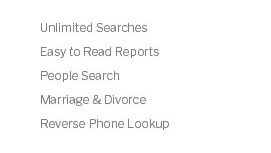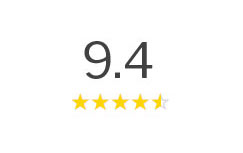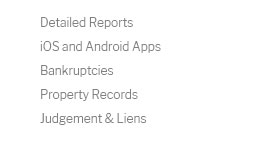 |
 |
|---|
|
|
|---|
 |
 |
 |
 |
|---|---|---|---|
 |
 |
 |
|
 |
|||
 |
 |
 |
|
 |
|||
 |
 |
 |
|
 |
|||

how to look up criminal records safely and accuratelyStart with official sourcesBefore paying a service, check your county clerk, state repository, and federal court portals. Many offer free or low-cost indexes. Official databases reduce errors and give context such as case status or disposition. Confirm identity and scopeNames can match; verify with date of birth, middle name, or case number. Search across jurisdictions where the person lived or worked, and note the difference between arrests, charges, and convictions. Build a clear process
If records seem incomplete, request a certified copy from the court or ask the agency how often it updates. Be cautious with aggregation sites; they can be outdated. When accuracy matters, consider a compliant background screening company, and always respect privacy, applicable law, and the possibility of rehabilitation.
|
|---|